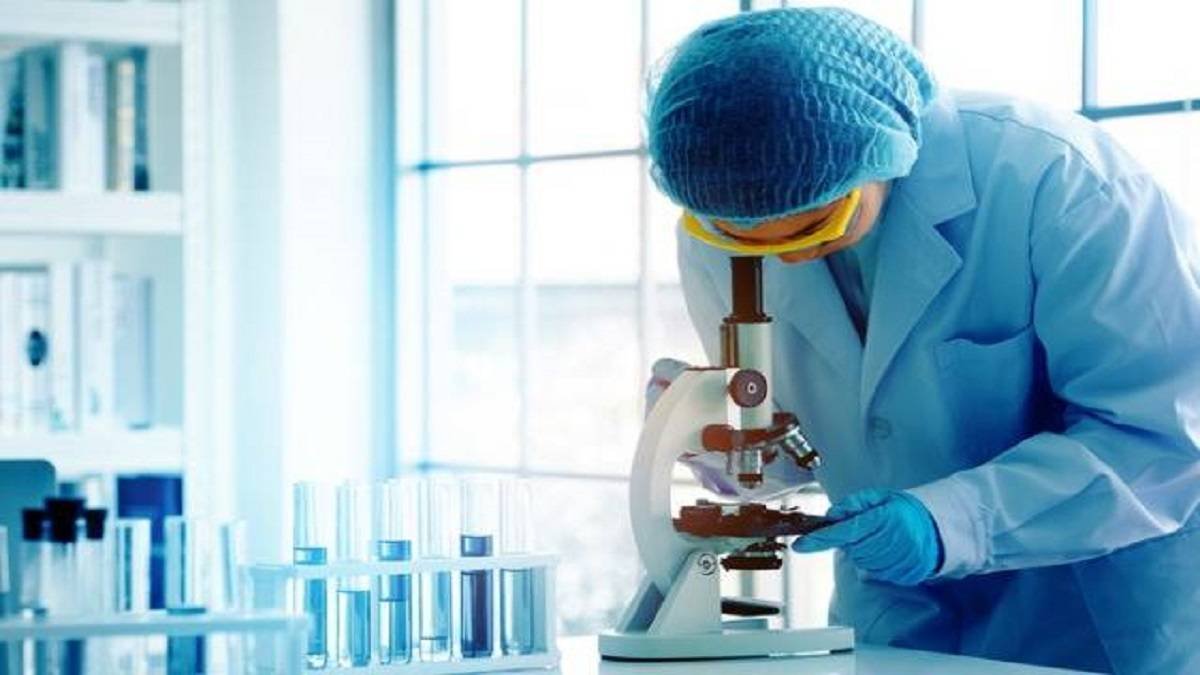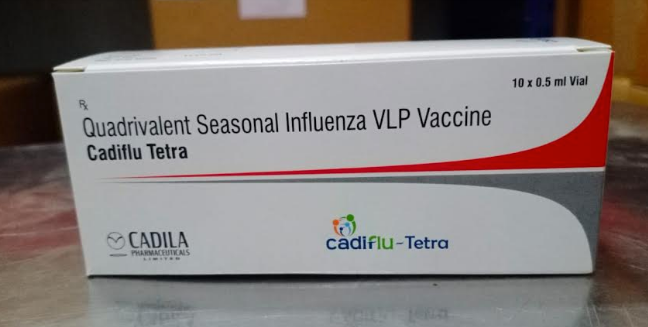Researchers identify biomarkers that may help detect brain injury faster
12 July 2017 | News
The researchers said that the identification of inflammatory biomarkers may aid in the correct diagnosis of traumatic brain injury which would allow clinicians to implement strategies to reduce secondary brain injury at an early stage.

Inflammatory biomarkers have been identified by researchers which can help detect whether the brain has suffered injury in the first hour of accident.
According to media reports, the team led by Professor Antonio Belli from University of Birmingham in the UK hopes to use these biomarkers to develop a test that can be used at the site of an injury by paramedics to detect early alterations in inflammatory proteins. For the study, blood samples from 30 injured patients were taken within the first hour of injury prior to the patient arriving at the hospital.
The study identified three inflammatory biomarkers known as CST5, AXIN1 and TRAIL, as novel early biomarkers of traumatic brain injury. While the patients with severe traumatic brain injury were identified by CST5 within the first hour of injury, AXIN1 and TRAIL discriminated between brain injury and uninjured patient controls in an hour.
" Traumatic Brain Injury (TBI) is the leading cause of death and disability among young adults and, according to the World Health Organisation, by 2020 TBI will become the world's leading cause of neurological disability across all age groups," said Lisa Hill, from the University of Birmingham.
"Early and correct diagnosis of traumatic brain injury is one of the most challenging aspects facing clinicians," said Hill.
"Being able to detect compounds in the blood which help to determine how severe a brain injury is would be of great benefit to patients and aid in their treatment," she said.
Researchers said that this also has potential implications for drug development as novel compounds could be given after injury and potentially commenced at the roadside, if there was sufficient confidence in the diagnosis of Traumatic Brain Injury.
No reliable markers exist currently that can help diagnose the severity of traumatic brain injury and identification of patients who are at risk of developing secondary injuries that impair function, damage other brain structures and promote further cell death.
In addition, the researchers said that the correct diagnosis of traumatic brain injury would allow clinicians to implement strategies to reduce secondary brain injury at an early stage.
The study is published in the journal Scientific Reports.

















